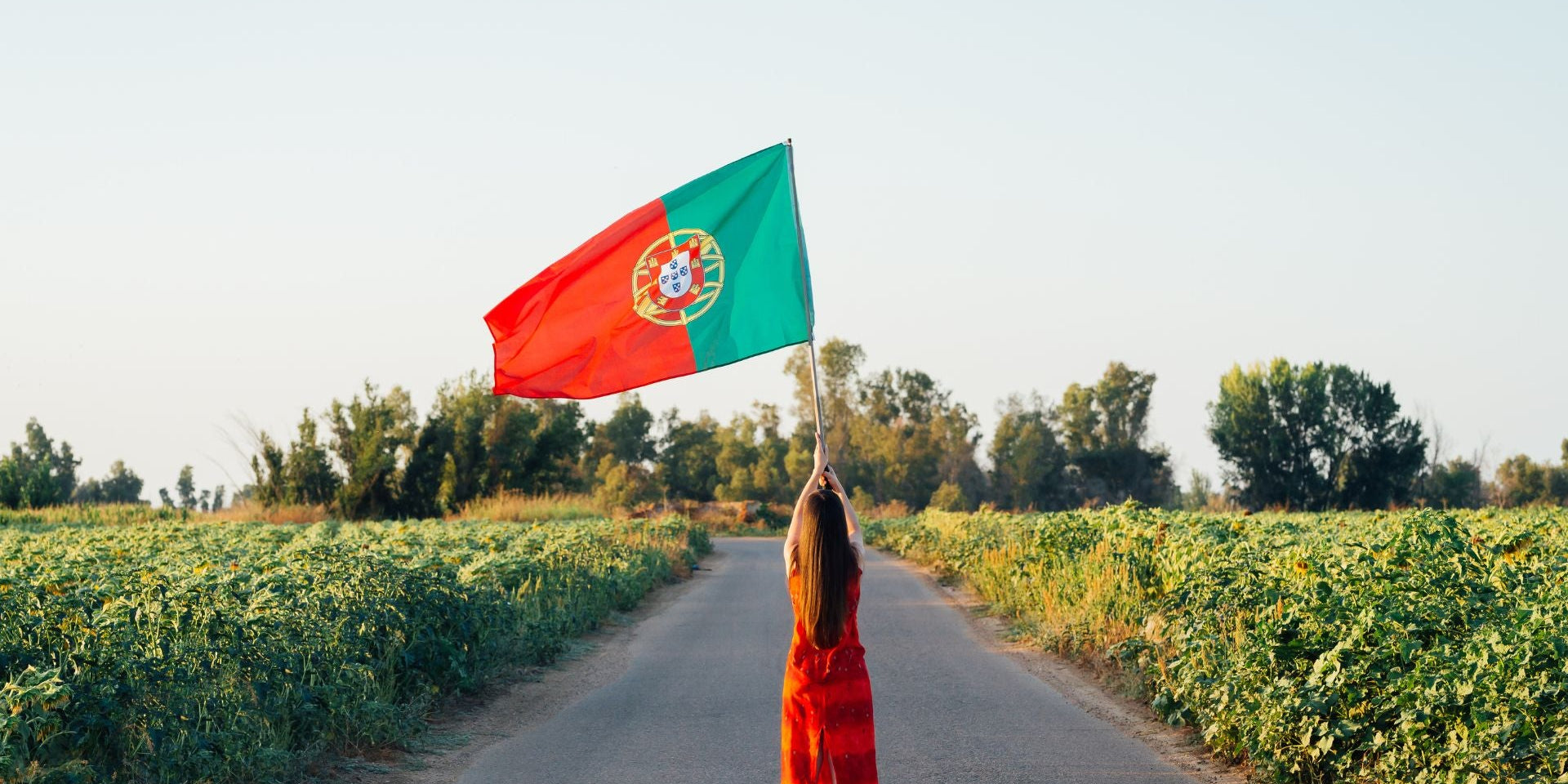The Global Organic Textile Standard (GOTS), recognized as one of the top standard for textiles produced from organic fibers, has become a member of "Make the Label Count" (MTLC), a global coalition of organizations dedicated to ensuring that sustainability claims for textiles in the EU are legitimate and trustworthy.
One of the coalition's goals, which includes groups such as Textile Exchange, is to advocate for the implementation of digital product passports (DPPs) to enhance traceability and verify sustainability claims.
The motivation behind this partnership centers on combating greenwashing and strengthening sustainability regulations—issues currently under scrutiny by EU commissions.
This isn't the first organization to join this coalition with shared goals. In December 2024, "Better Cotton," the top initiative for cotton sustainability, also became a member of the MTLC with aligned goals.
Let's explore the events that are prompting these strategic partnerships and why it's important for those in the fashion industry to be aware of these changes.
EU’s Product Environmental Footprint (PEF) System and Its Sustainability Gaps
The European Union has established a system called the Product Environmental Footprint (PEF) to measure and label how environmentally friendly textile products are.
At first, like other sustainability labeling approaches, the system is intended to help consumers make better and more eco-friendly decisions.
Nevertheless, a major problem exists in the system's design that diminishes its ability to truly encourage sustainable practices.
The system uses 16 indicators to assess environmental effects, resource usage, and toxicity hazards for both humans and ecosystems, but it still fails to treat all materials fairly or consider all environmental impacts.
Some of the critical issues in the PEF system are:
-
Inconsistent standards for natural and synthetic fibers → The PEF system applies different criteria for evaluating natural fibers (like cotton and wool) compared to synthetic fibers (such as polyester and nylon), leading to an unfair comparison. This inconsistency does not accurately represent the unique environmental effects of each type of material.
-
Neglecting microplastics → The PEF system fails to address the problem of microplastics released from synthetic fabrics, leaving a significant gap in the system's ability to tackle important environmental issues.
-
Overlooking plastic waste → The PEF system does not consider the plastic waste produced by synthetic textiles, including polyester, underestimating their environmental impact.
Besides that, according to a MTLC Report, there are other factors “that aren’t included in the methodology that could significantly distort the credibility and truthfulness of the EU’s environmental impact ratings of clothing and footwear products”, like:
-
Environmental impact of fossils → The full environmental impacts of the formation of base oils for creating synthetic fibres are not accounted.
-
Durability → Natural fibers such as wool have a reduced impact on durability, usage, and disposal when compared to synthetic materials. However, this advantage in sustainability is not taken into account.
-
Production practices → Doesn’t consider renewable resources or sustainable practices, failing to reward methods like regenerative agriculture or organic farming.
-
Social impacts → Overlooks the socio-economic impacts of fiber production and textile manufacturing, neglecting the importance of local industries and fair working conditions essential for sustainable fashion.
The problem behind it all? This flawed system might attach official EU "green" labels to products that fail to genuinely meet sustainability standards—fueling even more greenwashing.
We owe it to the planet to produce sustainable clothing, and we owe it to consumers to make sure they know how sustainable that clothing is—and the label on their products need to reflect that.
Quote from Make The Label Count's "EU PEF Overview: New Labelling Proposal" report
For Brands and Suppliers: Why GOTS Joining the TMTL Coalition Matters
As we observed, this partnership enhances the certification standard to combat greenwashing and insufficient sustainability regulations, which should benefit suppliers with GOTS certification and the brands that collaborate with them.
Why? Because now you’ll have enhanced credibility and authority.
When you work with GOTS-certified materials, you're now aligned with a stronger collective that's actively shaping legislation rather than simply responding to it.
To make this advantageous for your business, you can incorporate communication strategies to effectively market your GOTS-certified products—whether you're a supplier providing GOTS materials or a brand partnering with those suppliers.
In your communication strategy, you can (and should!) now focus on:
-
Showing you now have more background against greenwashing: "Unlike vague sustainability claims, our GOTS certification is part of a coalition working to ensure environmental standards are meaningful and scientifically sound."
-
Building trust with your customers with transparency: "Our certification through GOTS—now part of the MTLC coalition—means our sustainability claims are verified by organizations committed to ending greenwashing and weak sustainability regulations”
You should include those type of information in your supplier catalogs, website, sales presentations, hang tags/product information, social media content, and other marketing materials.
Will GOTS Joining MTLC Change Anything for Already Certified Suppliers?
For suppliers that already have GOTS certification, this new partnership raises questions about possible alterations to current certifications or requirements.
Our team reached out directly to the GOTS organization for clarity and received definitive answers.
According to Public Relations Specialist Katie Lee, who spoke exclusively with our team: "There will be no changes to our strict criteria. We joined the coalition to strengthen labels in general and offer our guidance, expertise and leadership, as GOTS is seen as the 'gold standard' for organic textiles."
When specifically asked whether GOTS-certified suppliers would need to follow any new guidelines or procedures to maintain compliance, Lee confirmed: "No, the criteria and standard remain the same under Version 7.0."
This offers reassurance to current GOTS-certified suppliers that their certification processes and requirements will remain the same, while the wider industry gains from GOTS's increased impact through the MTLC coalition.
If you're a supplier looking to obtain GOTS certification and aren't sure where to start, their website provides a clear, step-by-step guide to help you through the process.
Discover Where to Find GOTS-Certified Suppliers Today
As sustainability regulations around the world face increased scrutiny and climate change continues to impact retail and supply chains, choosing truly responsible materials is one way brands can stay on the right side of sustainability.
World Collective's Ecosystem connects you directly with suppliers of GOTS-certified materials and other genuinely sustainable options that go beyond superficial promises.




